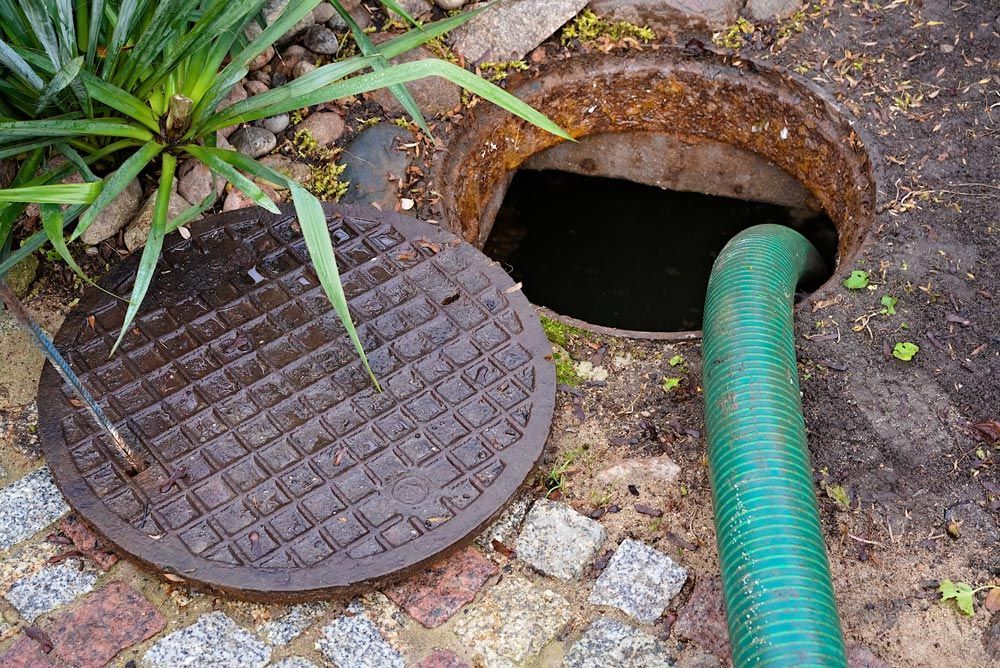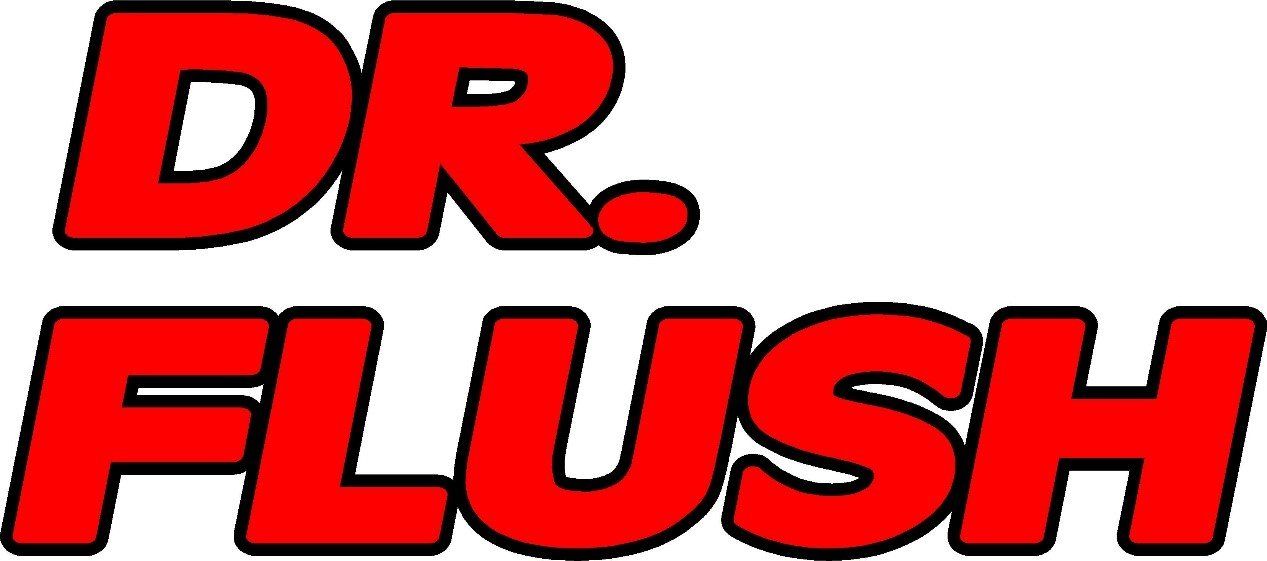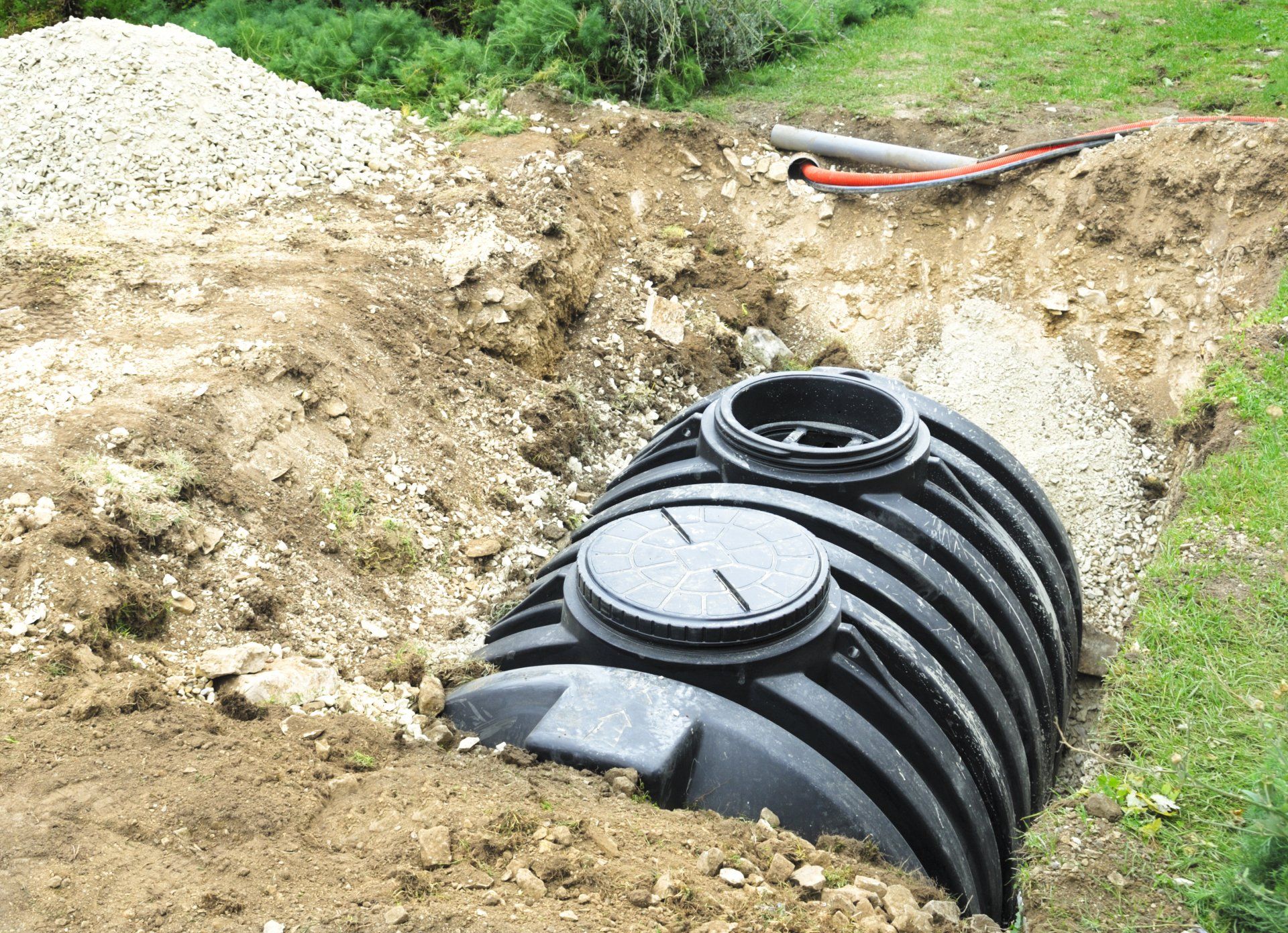Septic Tank Additives: What You Need to Know

Septic tank additives help increase bacterial activity in your septic tank. Because your septic system uses bacteria to break down the solid waste, additives are sometimes a welcome performance boost for your septic system.
Certain types of waste, including cleaning products, disinfecting liquids, and soap, can prevent useful bacteria from thriving in a septic system. A good additive will act as a supplement for these bacteria, counteracting the effects of such toxic waste.
Unfortunately, additives don't always help your septic system. They can end up making things worse, and some have no effect at all. Such possibilities might leave you wondering if you need to use additives in your septic tank at all. However, additives are only meant to boost your septic tank's performance and aren't a substitute for maintenance.
Learn the Main Types of Additives
Septic tank additives are grouped according to their chemical composition and physical nature. You'll need to know how and when to use these additives to get the correct result.
Biological Additives
You can use biological additives to supplement an overworked septic system. They don't harm your system but can help when you have extra waste in your system.
For instance, you would expect to have a lot of waste from your house from parties and family gatherings during the holidays. Your septic tank will have to work harder than usual to get rid of all the solid waste.
Adding a biological additive can help speed things up. You'll also need to schedule a septic tank pumping session quicker than usual before the waste overwhelms your drain field.
Organic Solvents
Organic solvents help break down greasy and oily waste. However, they can cause a bacterial imbalance, especially when you use them frequently or in large quantities.
Using organic additives can often kill off useful bacteria that you need in your septic tank and cause contamination in groundwater. Before using organic additives, you should consult with your septic tank contractor, who will examine your system to see if your tank needs organic additives. Doing so ensures that you don't unknowingly harm your septic system, resulting in more problems.
Inorganic Compounds
Inorganic additives are often strong alkaline or acidic compounds used to unclog blocked drains. However, they are pretty harmful to the bacteria inside the septic tank, often preventing anaerobic bacterial activity.
Instead, raw and untreated sewage could find its way into the drain field. Additionally, inorganic additives could corrode your drainpipes and other parts of your septic systems. Most septic tank experts discourage using inorganic additives in septic systems because they could end up doing more harm than good.
If you notice slow-running drains or a foul smell coming from your drain field, you should schedule a septic tank pumping appointment with your maintenance expert. Using additives in such a case will not yield any favorable results.
Protect Your Septic System
If you notice any unusual behavior with your septic system, knowing the root cause of the problem can be quite tricky. For instance, you might notice frequent sewer backups or leaking effluent around your drains. A professional septic system expert should help diagnose such problems that pose a serious health risk to you and your family.
Simply adding an additive isn't a permanent solution and may potentially make things worse for your system. Your septic tank system is self-sufficient and uses natural bacteria to break down your household waste. Although additives work to boost waste breakdown, the harmful effects may outweigh the benefits.
Luckily, you can extend the life of your tank by scheduling regular inspections and pumping appointments to keep your system in top condition for years to come. Reach out to Dr. Flush today for more information on how to protect your septic system.
contact information
Phone: 864-295-0232
SERVING ALL OF UPSTATE SOUTH CAROLINA
3805 HWY 417 Woodruff, SC 29388








